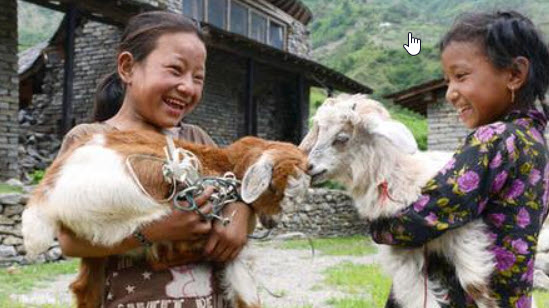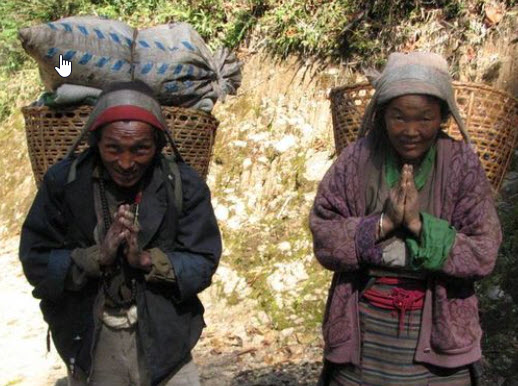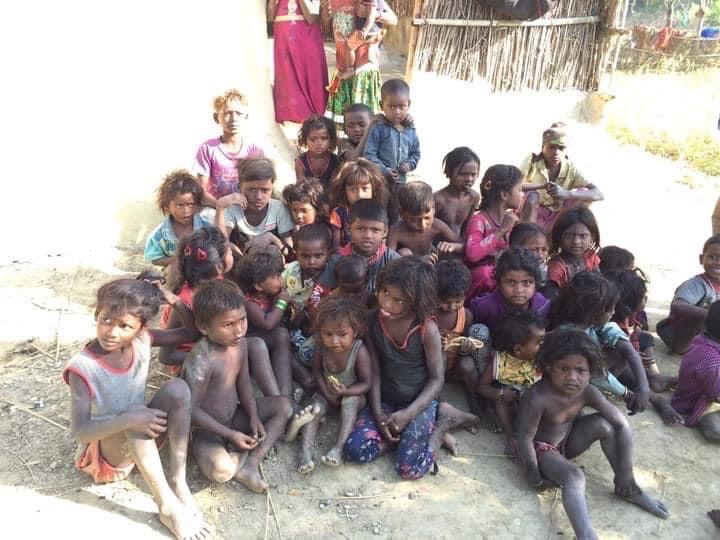Why we focus on Nepal

When you think about Nepal what comes to mind? Most likely your thoughts are of Mt Everest, the Himalayan mountains, and the rich history of temples and traditions. While the nation has majestic scenery and geographic areas where the Nepali have recently benefited from tourism and commerce, as a whole it remains one of the poorest countries in the world. The Nepali have many needs some of which can be met through the actions of charities such as Ten Friends.
Our travels to Nepal and the work we have done there have demonstrated that there are many opportunities to help the Nepali. Rand, one of founders, believes that "The bang for the buck -- especially supporting women in education -- is just so exponential". Mark, another one of our founders, has found that the Nepali live such a harsher, harder life than us, but their optimism is phenomenal. "Optimism always made me fight for them."
Nepal is a nation of approximately 29 million people. Predominantly Hindu and Buddhist, Nepal is a melting pot of many cultures and beliefs with recognized castes and ethnic groups who speak many languages and where spirituality and daily life are intertwined. One of the beauties of the Nepali culture is its simplicity – fancy homes, material items, and excess are seldom seen. Nepali people value family, religion, education, and basic needs like food, sanitation, shelter, clean drinking water . . . and a cup of tea with a friend.
The nation is geographically landlocked, is underdeveloped and remains politically unstable. Children represent the most vulnerable segment of the population and face potential trafficking into bonded labor and slavery, high rates of infant mortality, child marriage, poor water sanitation, food insecurity and have limited access to education. Lack of proper infrastructures and teaching materials, and a high student-to-teacher ratio present a hurdle to progress.
There are still many disadvantaged children in Nepal and young people do not have the financial resources or opportunity to continue their studies and elevate their lives. But there is also great potential, possibility and children with ambitions and dreams that can be reached with just a little help.
Nepal continues to have a strong caste system which has consequences in the real world. Caste often determines access to land, political power and ability to command human labor. In the Buddhist dominated regions of Nepal, there can be a de facto caste system based on the perceived differences of groups. This is not dissimilar to many societies where some groups are viewed as inferior to others because of their professions, accumulated wealth, etc. View Additional information about Nepal Castes.
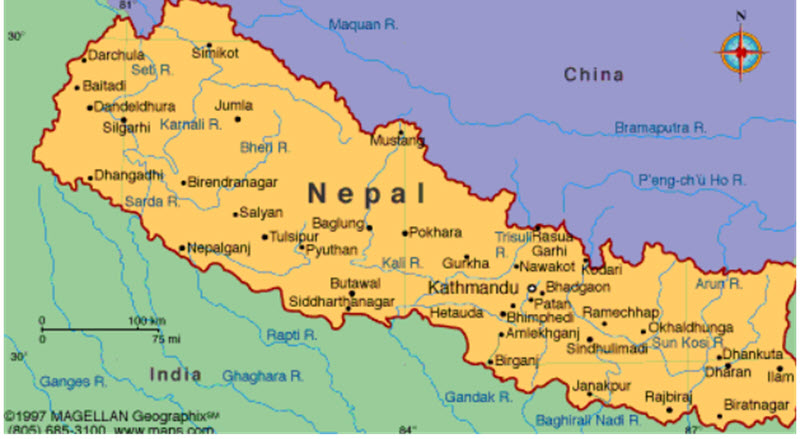
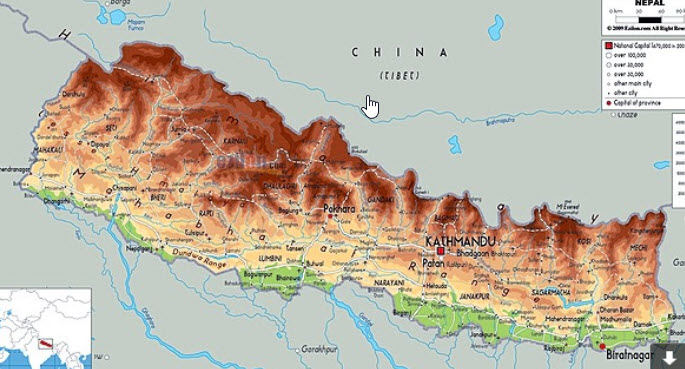
Ten Friends Major Project Locations
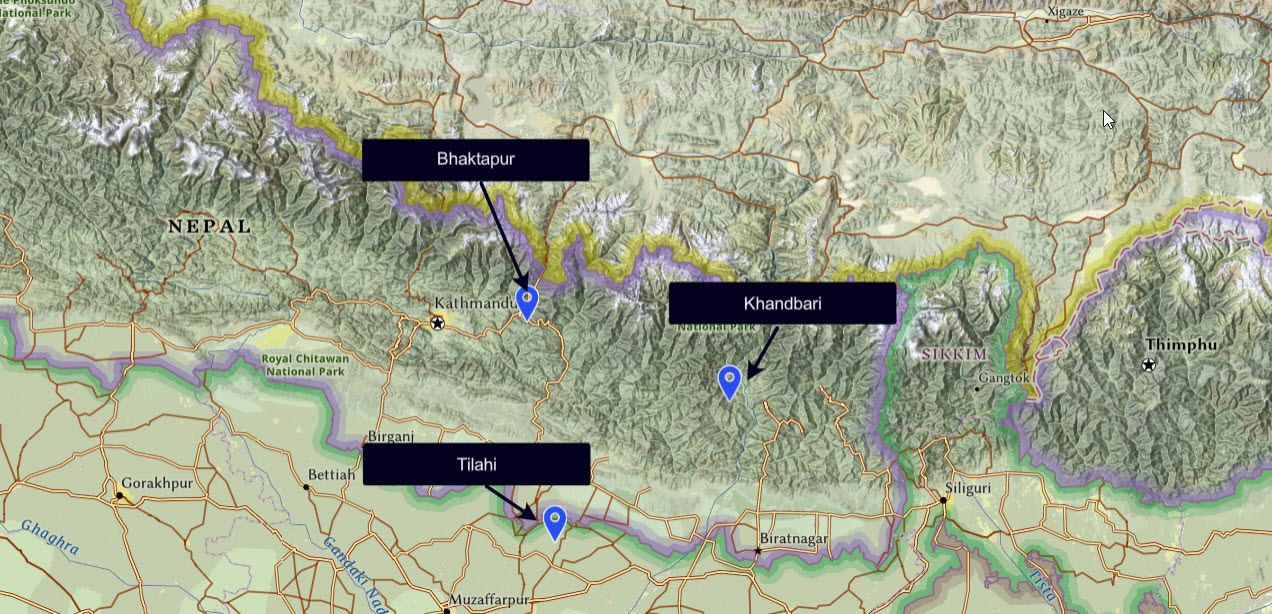
Interested in Finding out more about Nepal
Provided below are links to websites that provide additional information about Nepal and its society.
- Heifer International - Ten Things to know about Nepal
- Nations Online - Comprehensive profile of the nation
- Wikipedia - Profile of the nation as only Wikipedia can tell it
- The World Factbook - Extensive details about the nation
- Together Women Rise, Street Child US, Breaking the Bonds - Together Women Rise envisions a world where every person has the same opportunities to thrive regardless of their gender or where they live
